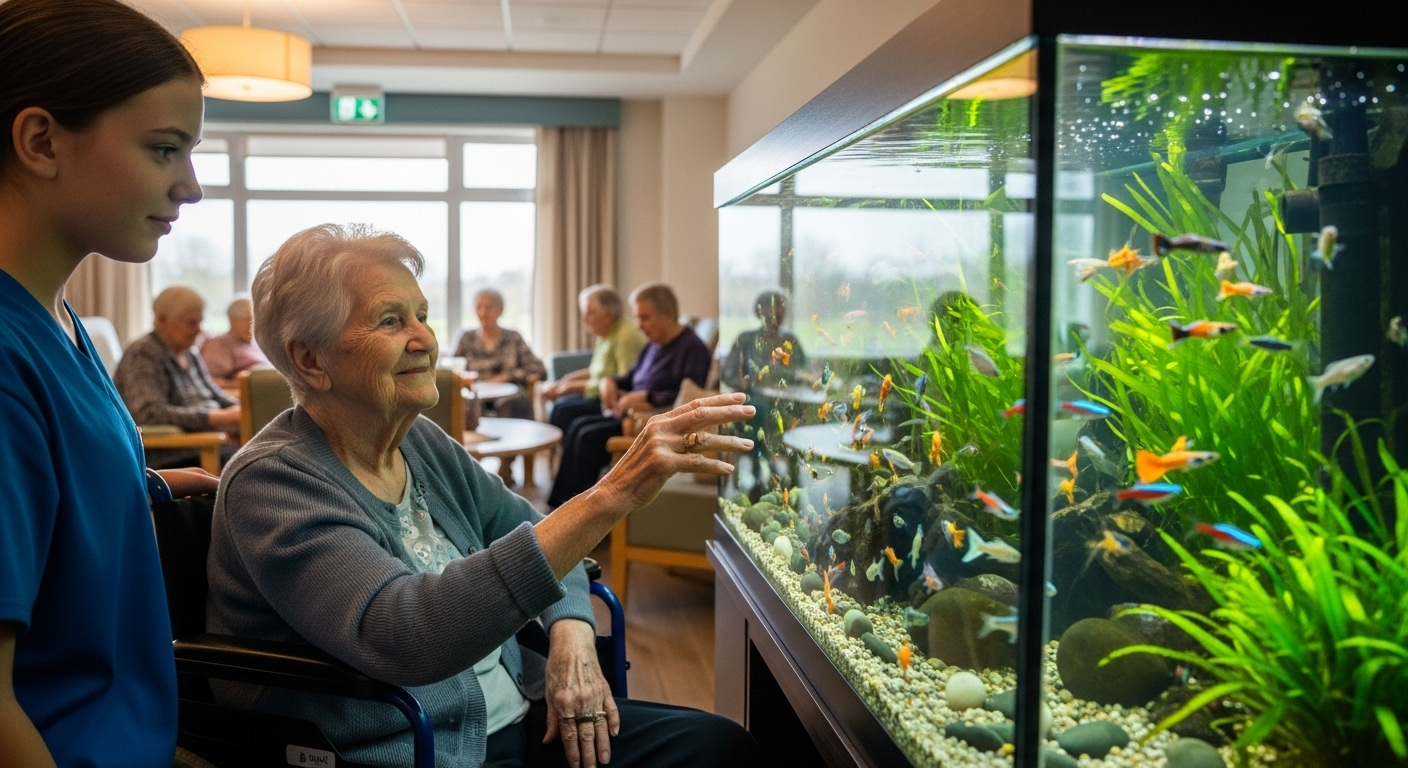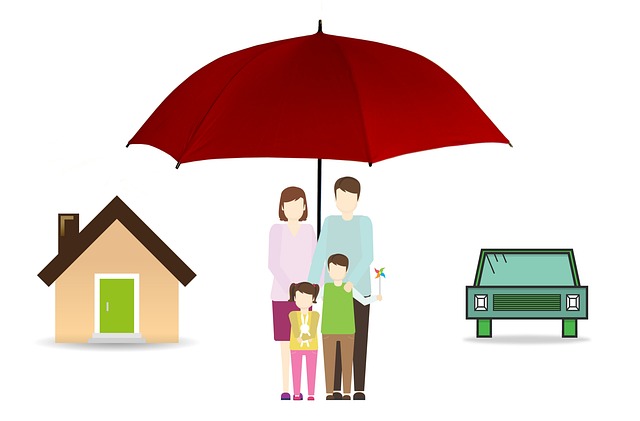Senior Daycare: Complete Guide for Families
Senior daycare services provide structured, supervised care for older adults during daytime hours, offering families a valuable solution when full-time care isn't necessary but supervision and social interaction are needed. These programs combine health monitoring, social activities, meals, and therapeutic services in a community setting, helping seniors maintain independence while ensuring their safety and well-being throughout the day.

How to Find Quality Daycare for Seniors
Finding the right senior daycare begins with researching local services in your area and understanding your loved one’s specific needs. Start by contacting your Area Agency on Aging, which maintains directories of licensed adult day programs. Healthcare providers, social workers, and hospital discharge planners often provide referrals to reputable facilities. Online resources like the National Adult Day Services Association website offer search tools to locate accredited programs nearby.
Consider visiting multiple facilities to observe daily operations, meet staff members, and assess the environment firsthand. Ask about licensing, staff qualifications, and safety protocols. Many quality programs offer trial days or short-term visits to help determine if the setting suits your family member’s personality and care requirements.
Benefits of Daycare for Seniors
Senior daycare programs offer significant advantages for both participants and their families. Socially, these programs combat isolation by providing regular interaction with peers and trained staff, which can improve mood and cognitive function. Many participants develop meaningful friendships and look forward to daily activities, from arts and crafts to group discussions and light exercise.
Health benefits include medication management, vital sign monitoring, and access to nursing care when needed. Nutritious meals and snacks ensure proper nutrition, while structured activities help maintain physical and mental abilities. For family caregivers, these programs provide respite time to work, handle appointments, or simply rest, reducing caregiver stress and preventing burnout.
What to Look for When Searching for Daycare for Seniors
Key factors to evaluate include staff credentials, safety measures, and program variety. Ensure the facility employs licensed nurses and certified activity directors with experience in senior care. Safety features should include secure entrances, emergency procedures, wheelchair accessibility, and appropriate supervision ratios.
Examine the daily schedule to confirm it includes varied activities matching your loved one’s interests and abilities. Quality programs offer cognitive stimulation, physical activities, social interaction, and quiet time. Meal quality and dietary accommodation capabilities are equally important, especially for seniors with diabetes, heart conditions, or swallowing difficulties.
Cost Considerations and Provider Comparison
Senior daycare costs vary significantly based on location, services provided, and frequency of attendance. Most programs charge daily rates ranging from $50 to $120 per day, with some offering weekly or monthly packages. Veterans may qualify for financial assistance through VA programs, while some long-term care insurance policies cover adult day services.
| Provider Type | Services Offered | Average Daily Cost |
|---|---|---|
| Medical Model Programs | Nursing care, therapy services, medication management | $75-$120 |
| Social Model Programs | Activities, meals, basic supervision | $50-$80 |
| Specialized Programs | Dementia/Alzheimer’s focused care | $80-$150 |
| Faith-Based Centers | Religious activities, community focus | $45-$75 |
Prices, rates, or cost estimates mentioned in this article are based on the latest available information but may change over time. Independent research is advised before making financial decisions.
Preparing Your Loved One for Senior Daycare
Successfully transitioning to senior daycare requires preparation and patience. Begin by discussing the program positively, emphasizing social opportunities and interesting activities rather than focusing on supervision needs. Schedule a tour together, allowing your family member to meet staff and see the facility’s environment.
Start with shorter visits to ease the adjustment period, gradually increasing attendance as comfort levels improve. Bring familiar items like photos or small personal belongings to help create a sense of belonging. Maintain consistent drop-off and pickup times to establish routine, and communicate regularly with staff about your loved one’s preferences, concerns, and progress.
Senior daycare represents an excellent middle-ground solution for families seeking quality care without residential placement. These programs enhance quality of life through social engagement, health monitoring, and structured activities while providing crucial support for family caregivers. Success depends on careful research, thorough evaluation of options, and thoughtful preparation for the transition. With proper selection and implementation, senior daycare can significantly benefit both participants and their families, supporting aging in place while maintaining safety and social connections.




